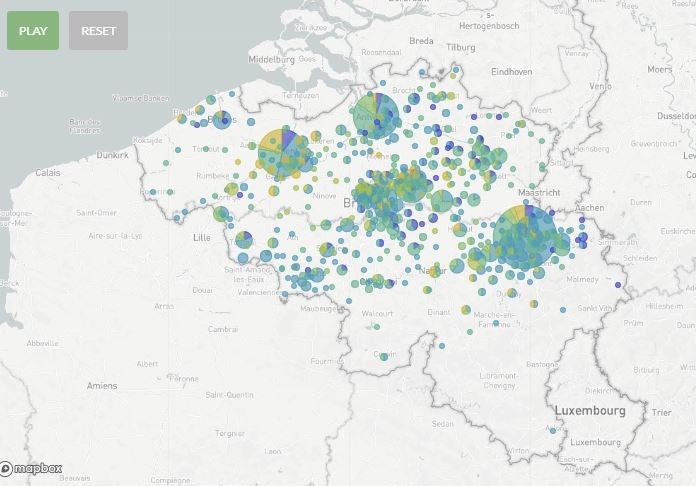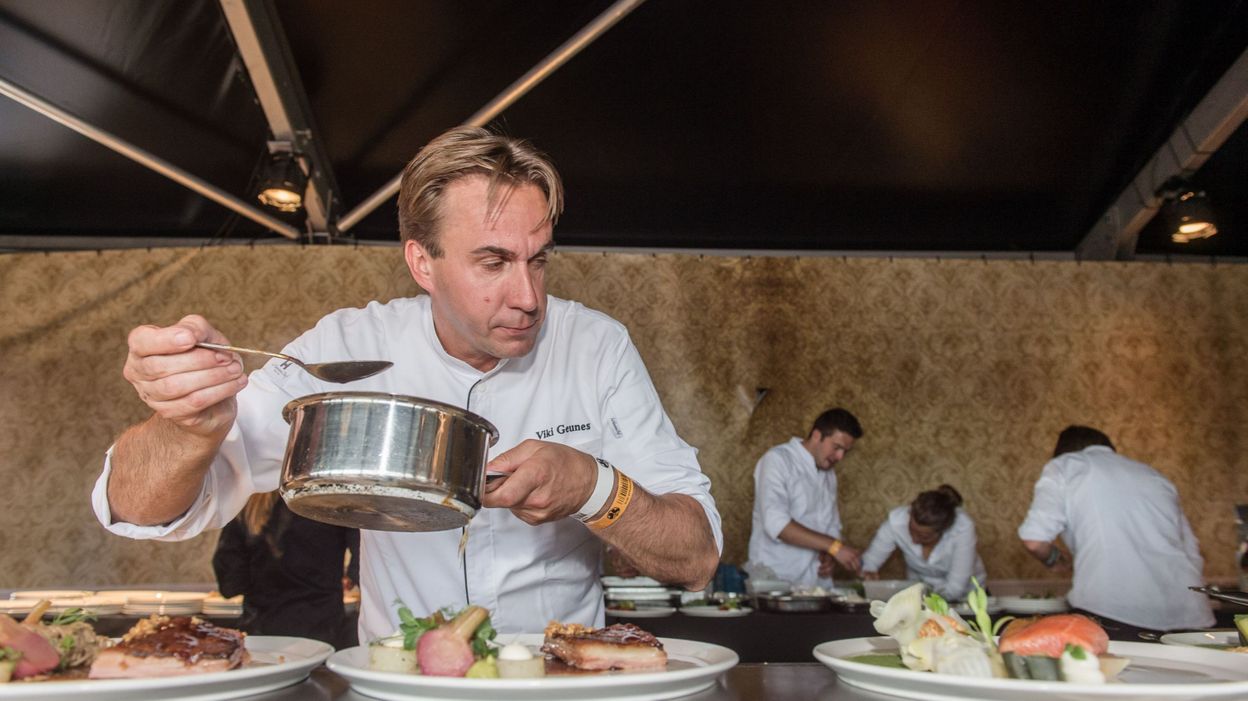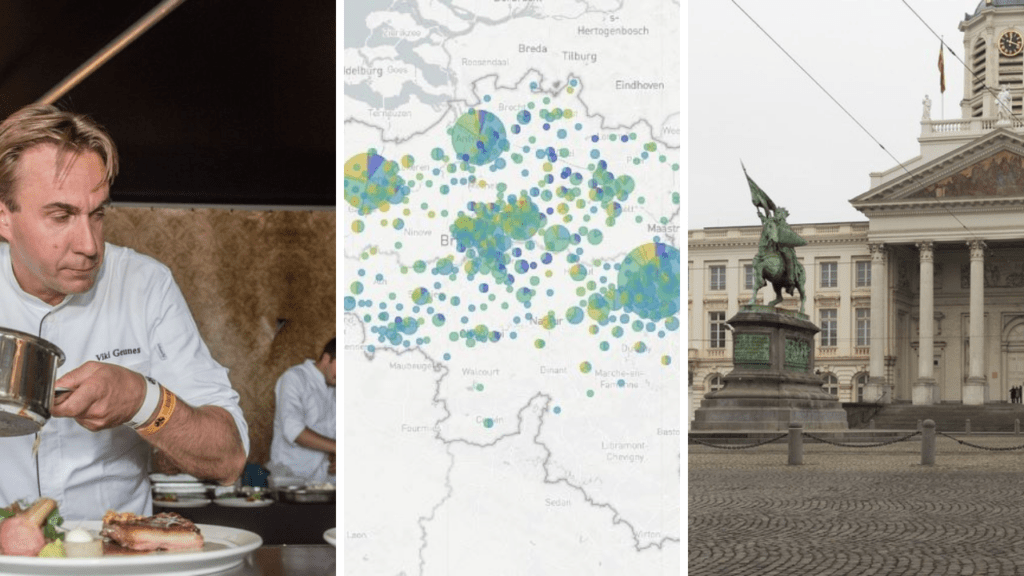Comments that travellers returning from vacations abroad played a part in the most recent jump in coronavirus infections within Brussels were met with criticism from the expat community, who feel they have been unfairly painted as a scapegoat in the current situation.
What’s important here, however, is to view the current numbers in the right context.
After all, under the current measures, nearly all travellers are required to get tested for the coronavirus. So let's take a closer look at this.
As of 31 December, Belgium has required a mandatory quarantine after a stay of more than 48 hours in a red zone. This means that everyone (residents and non-residents) who returns to Belgium after a stay of at least 48 hours in a red zone will have to go into quarantine. A PCR test is required upon return on day 1 and day 7 of quarantine, and the quarantine can only be ended if the PCR test on day 7 shows a negative result.
So where does the expat community come into play, you ask? Well, they travel, and because they travel, they get tested.
According to Passenger Locator Forms, the vast majority of travellers who returned to the country returned to the Brussels region. Due to Belgium having no blanket testing strategy, travellers represent a disproportionate number of people who have been tested in the region, and then it’s just a matter of numbers:
More people travelling = More forms = More tests = More potential for testing positive.
What's important here, however, is the difference between being blamed for a current spike in positive infections - something purely numerical in nature - and being blamed for the infection as a whole.
Let’s not lose sight of that.
Belgium in Brief is a free daily roundup of the top stories to get you through your lunch break conversations. To receive it straight to your inbox every day, sign up below:
1. Brussels greenlights pedestrian zone at Place Royale
The City of Brussels has approved the new plans for the Place Royale in the city, transforming almost the entire square into a pedestrian zone.
Plans to redevelop the Place Royale had already been submitted once, but constructor Beliris was asked to take the focus off of cars, and give more space to pedestrians and cyclists. In the latest version, 80% or the square will be pedestrianised, compared to the first-proposed 20%. Read More.
2. New tool shows the coronavirus strains circulating in Belgium

A new tool, created by the coronavirus reference lab in Leuven, shows which strains of the coronavirus are currently circulating in which parts of Belgium.
The New Strain tool, which is updated regularly, allows people to track the spread of certain strains of the coronavirus where they live or in any other municipality or city, in Belgium or any other part of the world. Read More.
3. Wallonia extends curfew until mid-February
Wallonia will extend its curfew until 15 February, the Walloon government announced on Tuesday.
The curfew, in place between 10:00 PM and 6:00 AM, was due to end on Friday. Read More.
4. Michelin 2021: Belgium gets new three-star restaurant

Belgium has a new three-star restaurant in the Michelin Guide for 2021, the dining guide announced on Monday.
Restaurant Zilte in Antwerp, from chef Viki Geunes was awarded three Michelin stars by the prestigious restaurant guide. Additionally, Peter Goossens’ Hof van Cleve in Kruisem retains its three stars. Read more.
5. Young man dies after arrest by Brussels police: investigation opened
The Brussels public prosecutor’s office has opened an investigation into the death of a young man, who died about an hour after he was arrested by the police last weekend.
On Saturday 9 January around 7:00 PM, several police officers of the Brussels North police zone carried out a check on a group of people who were gathered on the Place du Nord, close to the Brussels North station, for violating the current coronavirus measures. Read more.
6. Belgium’s coronavirus infections rise while hospital admissions drop
The increase in average new daily infections continues to rise while hospital admissions are dropping, according to the latest figures published by the Sciensano public health institute on Tuesday.
Between 2 and 8 January, an average of 2,020.4 new people tested positive per day over the past week, which is a 27% increase compared to the week before. Read More.
7. Antwerp hospitals ban ‘unhygienic’ fabric masks
Several hospitals in the Antwerp region have moved to ban the wearing of cloth masks due to concerns that they pose a health risk due to a lack of cleaning.
Hospitals (GZA) Antwerp, Wilrijk, Mortsel now all require visitors to wear disposable surgical masks, as fabric ones become a breeding ground for bacteria if not washed enough. Read More.
Jules Johnston
The Brussels Times

